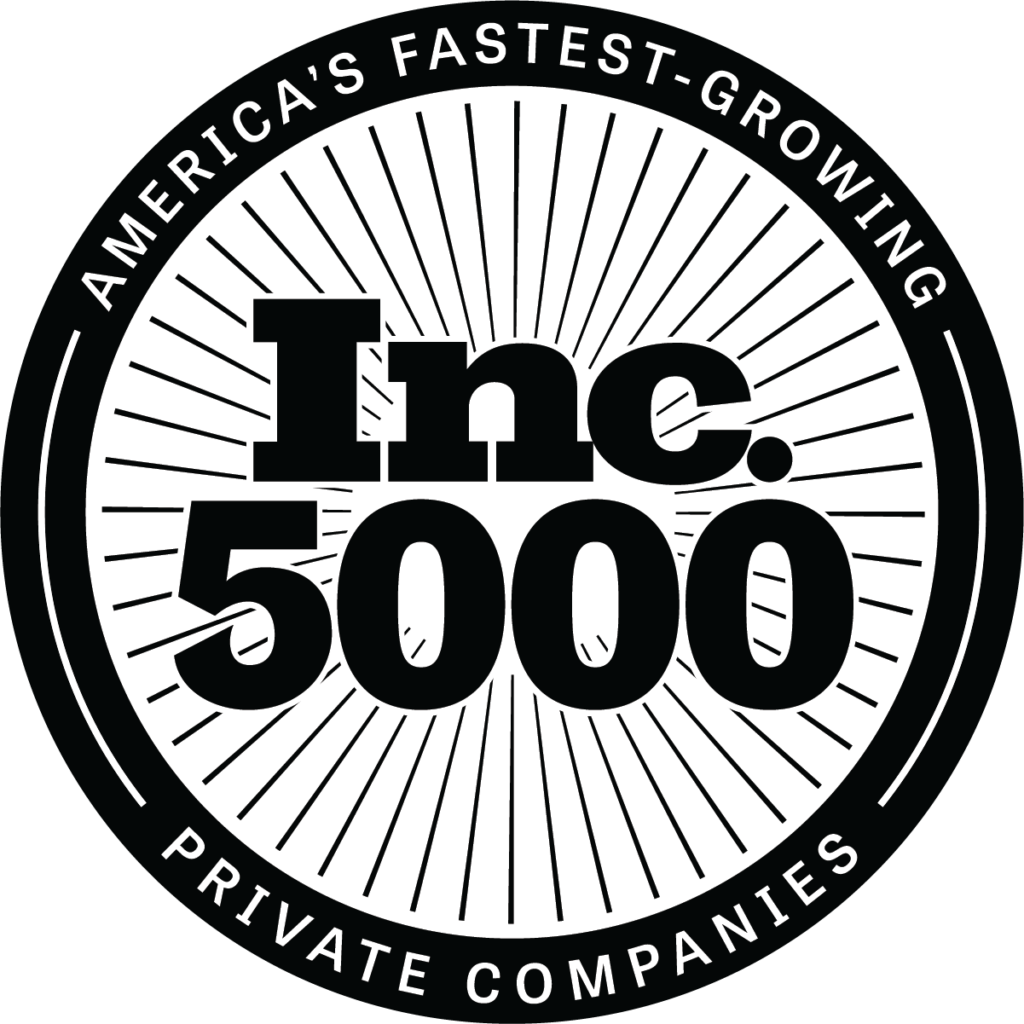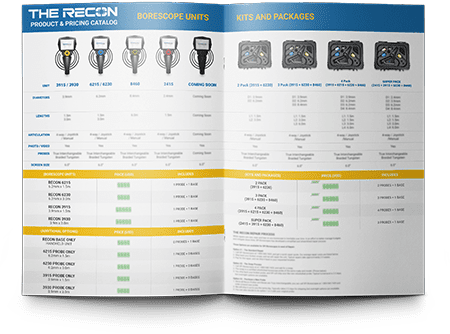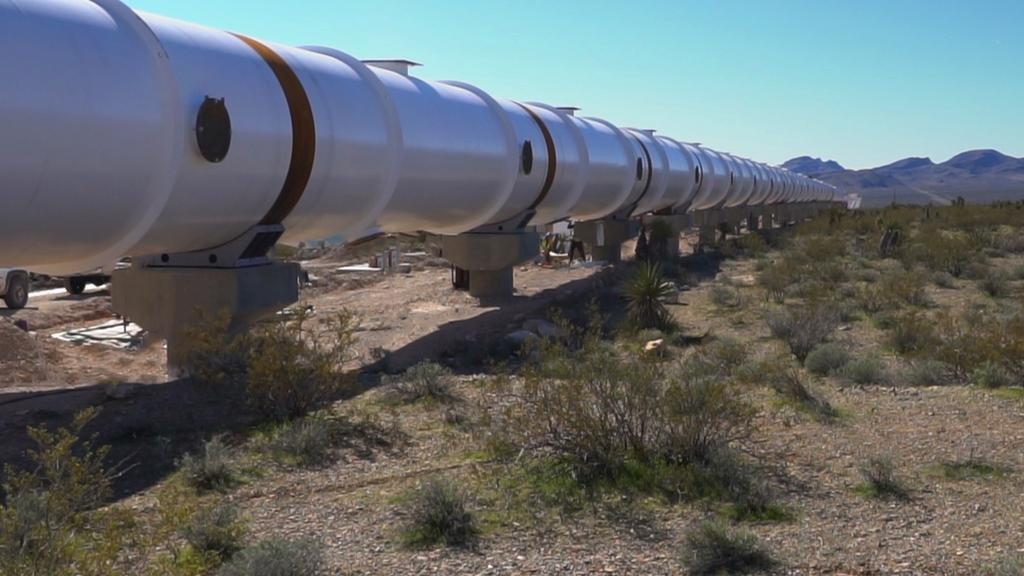
Billionaire Richard Branson expects that humans will be able to travel via hyperloop by the time 2021 rolls around, could this be real?
How Does a Hyperloop Work?
The theory behind a hyperloop transportation system for humans is based on a vacuum system. This would drive an electromagnetically propelled pod, which is made to hold nine to twelve people, and would levitate through a system of tubes using vacuum power. It all seems very bizarre, and there’s really nothing like it out there in the world, yet. The transportation system would move 700 miles per hour, which is faster than a commercial airplane.
Promotors of the technology brag that it would be smoother than a ride on an airplane. They say that there would be no such thing as turbulence since the cabin used to transport people is a pod surrounded by air. It makes sense, in theory. But critics are wondering how safe it would be for humans to ride on.
The cost to ride in a Hyperloop pod would be about that of a train ticket, which would be a reduced cost from plane or car trips. One of the reasons for that is the reduced energy consumption since they want to run the Hyperloop on solar power. They also wouldn’t have human conductors, and the system would be completely autonomous. This might all make you excited, or it could make you nervous, just depends on how safe you feel about it.
How Could It Possibly Come to the Market by 2021?
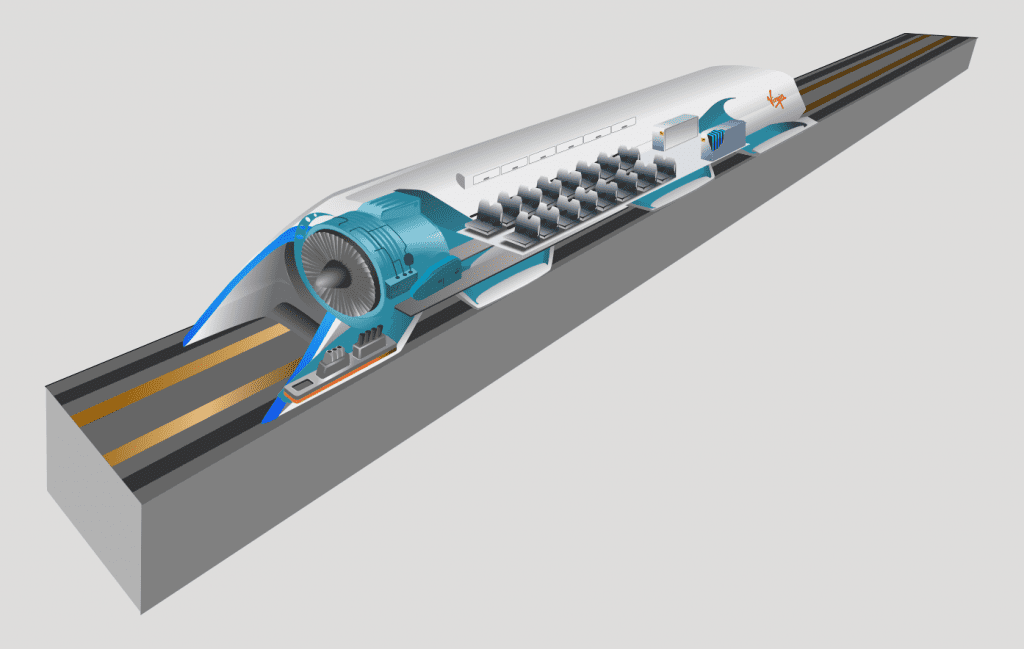
The idea behind human travel via Hyperloop seems to be one of those things that’s perpetually just a few years away. Every few years, we hear updates about close we are to this futuristic technology, but just not quite there yet. The latest round of the three-year update comes from Billionaire Richard Branson, who is the chairman of Virgin Hyperloop One. He believes that the key year for rolling out the transportation technology all around the world is 2021, recently moved back a year from 2020.
It’s hard to take these deadlines very seriously, so we take them with a grain of salt. It’s also important to keep in mind that no ground has actually even been broken on the development of any kind of full-scale Hyperloops in any place in the world. There has been some testing on a very small scale, but nothing more than that has come around. It’s also important to note that no government contracts have even been signed, which is a vital component in all of this.
Companies who have been chasing the hyperloop pipe dream have been vailed with scandal and rumors continue to swarm that they are strapped for cash. The name of the game is to hype the Hyperloop in order to draw public interest, and therefore pull in more investors. In reality, the amount of money it would take to get the hyperloop off the ground would be practically unmeasurable.
A Pipe of Dreams
If the hyperloop visionary, Elon Musk, has proven to the public is that deadlines are pretty arbitrary. They don’t mean much, they’re really not even a projection based on anything real. If the developers knew exactly how to bring it to the market, they would do so and not talk about the date. Musk first came up with the hyperloop idea back in 2013 as an open source project and has re-embraced it recently, despite having an electric car company to worry about.
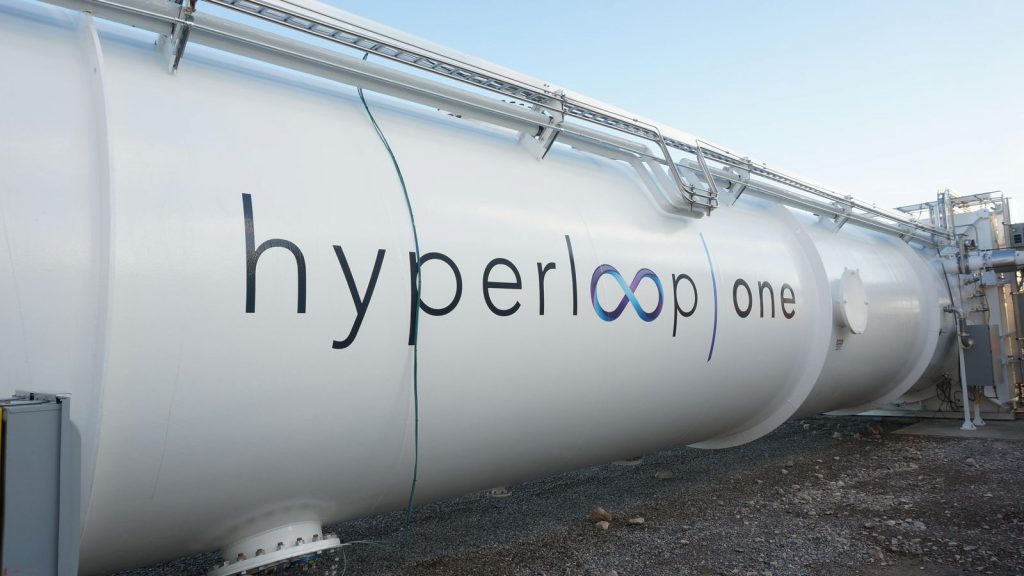
Now that Richard Branson is in on the idea, it has others paying attention, but the substance still isn’t exactly there. Branson insists this isn’t a long way off anymore, telling CNBC a few days back that “My children and grandchildren are going to want the same things as I’m going to want — they’re going to want to get to places quicker.” Continuing that “We’re talking about two to three years away, not many years away.”
The CNBC interview with Branson was set on the stage of his creation of a new venture, DP World Cargospeed. This is a project coming from a collaboration of Virgin Hyperloop One and Dubai’s DP World; this merger really doesn’t have much to do with the Hyperloop, except by name of the company. The venture is simple an ultra-fast system setup for shipping out goods. The new transportation system aims to send shipments of goods at an ultra-high speed of 620 miles per hour and also link existing roads, rails, and air infrastructures to accomplish this. Branson didn’t elude to when this system would launch, but if he said 2021, we wouldn’t be surprised.
It seems like Dubai might be the most likely city to get a hyperloop, that’s if the technology ever actually comes to full fruition. The city has an overall love of things that verge on the futuristic side, and like to be first in the game on things like this. The announcement of the project between the companies makes the idea that the Hyperloop has strong ties to Dubai, and the area is already a major hub for cargo.
SPI Borescopes doesn’t promote the idea of developing a hyperloop or not, we remain neutral on the subject until it becomes a reality. We hope to see more developments in the transportation industries that offer cleaner and more efficient alternatives to the means of transportation we have now. Something like the Hyperloop would be absolutely revolutionary to the transportation industry, and the environment, as long as it’s not rushed to the market.

